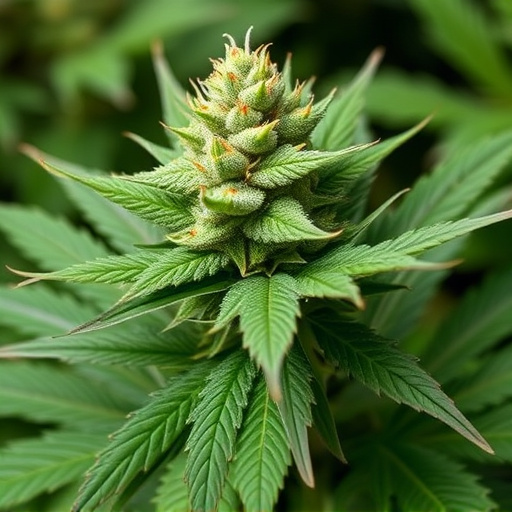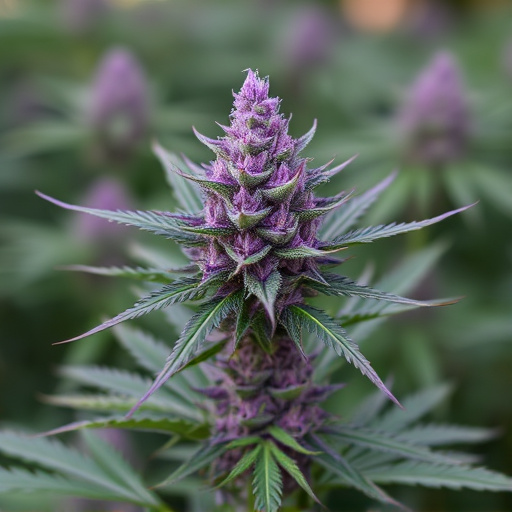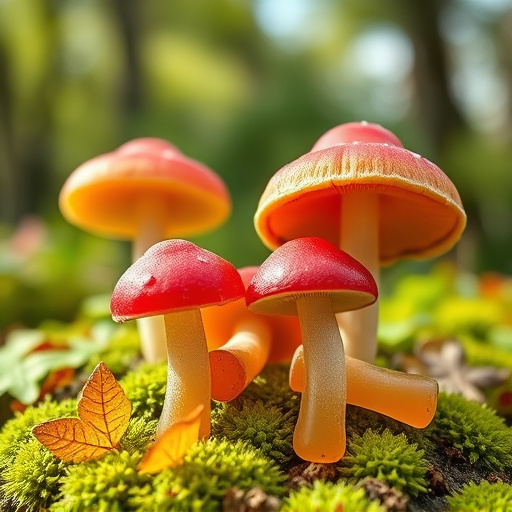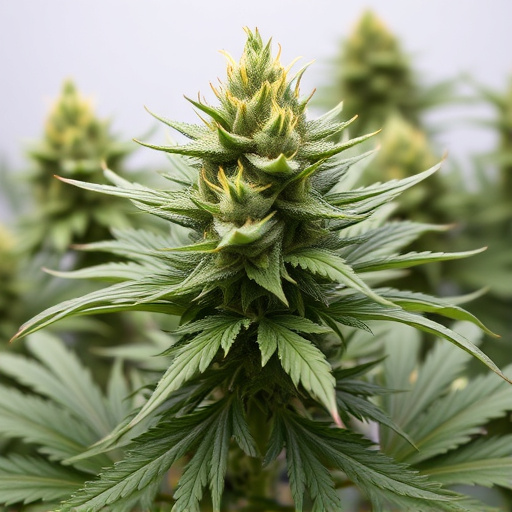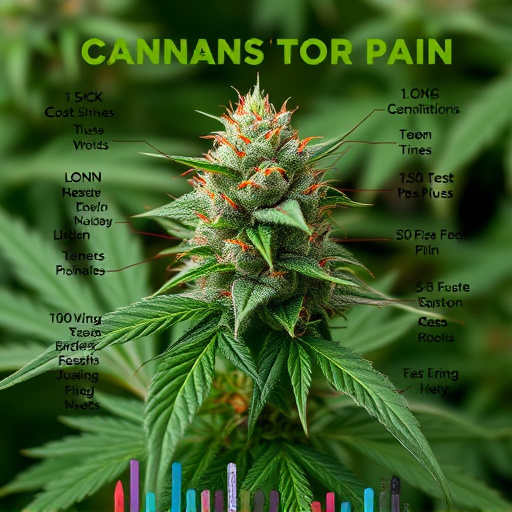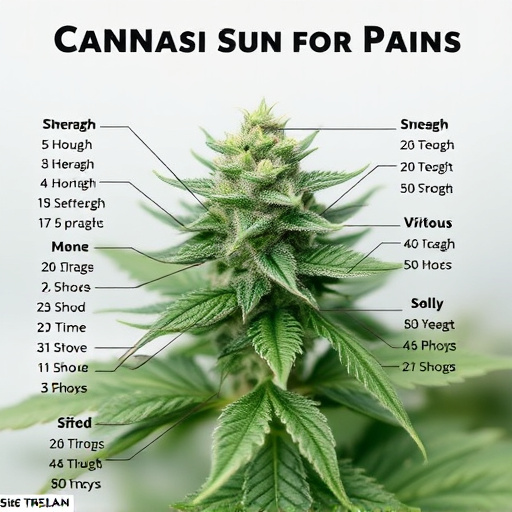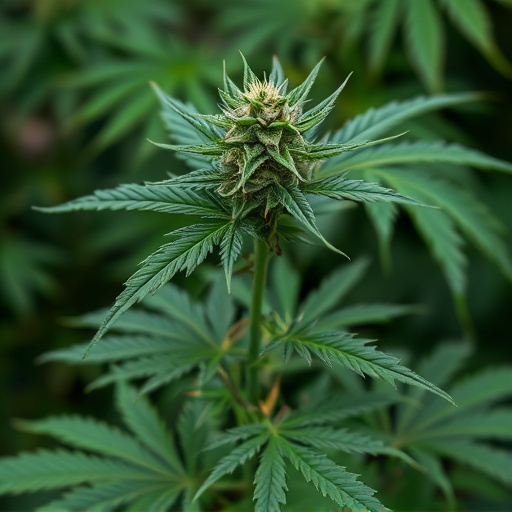Cannabis flower, rich in cannabinoids like THC and CBD, offers therapeutic benefits for managing pain through its interaction with the endocannabinoid system. While THC causes euphoria and analgesia, CBD doesn't induce a high but has anti-inflammatory and neuroprotective effects. The ideal strain provides pain relief without intense sensations; excessive consumption, especially high-THC varieties, may lead to adverse experiences like anxiety, paranoia, or dizziness. CBD-rich, low-THC strains are gaining popularity as natural alternatives for chronic pain management, offering a promising and safe approach compared to opioids.
Can you overdose on cannabis flower? Despite common belief, it’s a question that demands scrutiny. This article navigates the complexities of cannabis consumption, debunking myths and exploring its effects on the body. We delve into the science behind potential overdoses, focusing on the role of strains in managing pain – offering safe alternatives for those seeking relief. Understanding cannabis isn’t just about recreation; it’s about harnessing its power responsibly.
- Understanding Cannabis and Its Effects on the Body
- The Myth of Cannabis Overdosing: What Science Says
- Strains of Cannabis for Pain Management: A Safe Alternative?
Understanding Cannabis and Its Effects on the Body
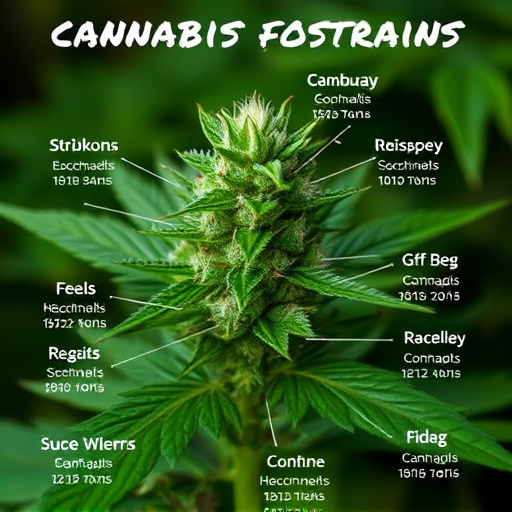
Cannabis flower, also known as marijuana, has gained significant attention for its potential therapeutic benefits, particularly in managing pain. Understanding how it interacts with our bodies is crucial when discussing cannabis consumption. Cannabis contains various chemical compounds called cannabinoids, most notably THC (tetrahydrocannabinol) and CBD (cannabidiol). These cannabinoids bind to receptors in the endocannabinoid system, which plays a role in regulating mood, memory, appetite, and pain perception.
When consumed, different strains of cannabis for pain can evoke diverse effects. While THC is known for its psychoactive properties, causing feelings of euphoria and relaxation, it also has analgesic (pain-relieving) qualities. CBD, on the other hand, doesn’t produce a high but has gained popularity for its anti-inflammatory and potential neuroprotective effects. The right strain can offer relief without the intense sensations associated with THC. However, excessive consumption of cannabis, especially high-THC varieties, may lead to unpleasant experiences like anxiety, paranoia, and dizziness in some individuals.
The Myth of Cannabis Overdosing: What Science Says
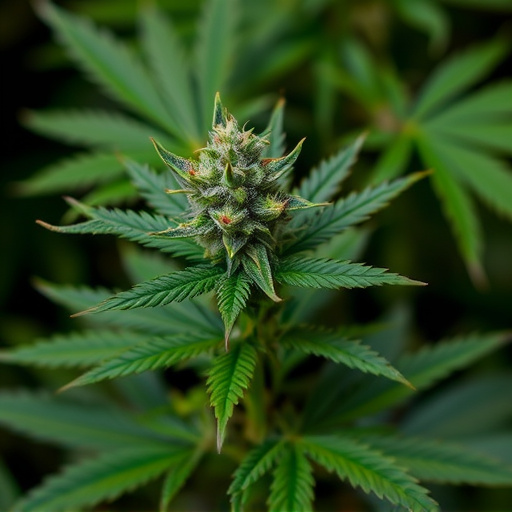
Many believe that cannabis cannot lead to an overdose, especially compared to other drugs. However, this is a common misconception. While cannabis is generally considered safe and non-addictive, excessive consumption can indeed result in unpleasant experiences, known as “cannabis toxicity” or an “overdose.” The symptoms are typically not life-threatening, but they can be uncomfortable, including severe anxiety, paranoia, dizziness, nausea, and blurred vision.
Science suggests that the human body metabolizes cannabis differently compared to other substances. Cannabinoids like THC bind to receptors in our bodies, but unlike opioids or benzodiazepines, there’s no known lethal dose. The body naturally produces cannabinoids similar to those found in the plant, indicating a built-in safety mechanism. Moreover, the effects are often dose-dependent, and specific strains of cannabis for pain, which typically have higher CBD content and lower THC, may reduce the risk of adverse reactions.
Strains of Cannabis for Pain Management: A Safe Alternative?
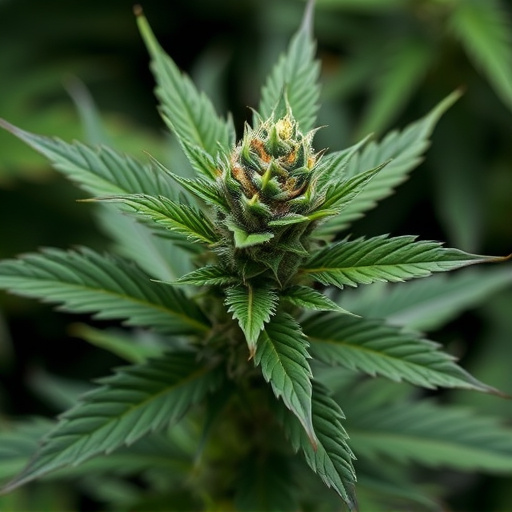
Cannabis has gained attention as a potential treatment for various conditions, including chronic pain. While it’s often associated with its psychoactive effects, certain strains can offer significant relief without causing a high. These strains are typically high in cannabidiol (CBD) and low in tetrahydrocannabinol (THC), the primary compound responsible for cannabis’ intoxicating effects.
The use of CBD-rich strains for pain management is becoming increasingly popular due to their promising results. Research suggests that CBD interacts with the body’s endocannabinoid system, which plays a crucial role in regulating pain perception and inflammation. This interaction can help alleviate chronic pain conditions like arthritis, fibromyalgia, and neuropathic pain. As such, cannabis flower strains tailored for pain management offer a potentially safe and alternative approach to traditional medications, providing a natural way to ease discomfort without the risk of overdose associated with opioids or other prescription drugs.
While concerns about cannabis overdose exist, scientific evidence suggests that it is nearly impossible to consume a lethal dose through typical consumption methods. When it comes to managing pain, specific strains of cannabis can offer safe and effective alternatives to traditional medications, providing a natural approach to relief. Understanding the unique effects of different cannabis strains empowers users to make informed decisions about their health and well-being.
